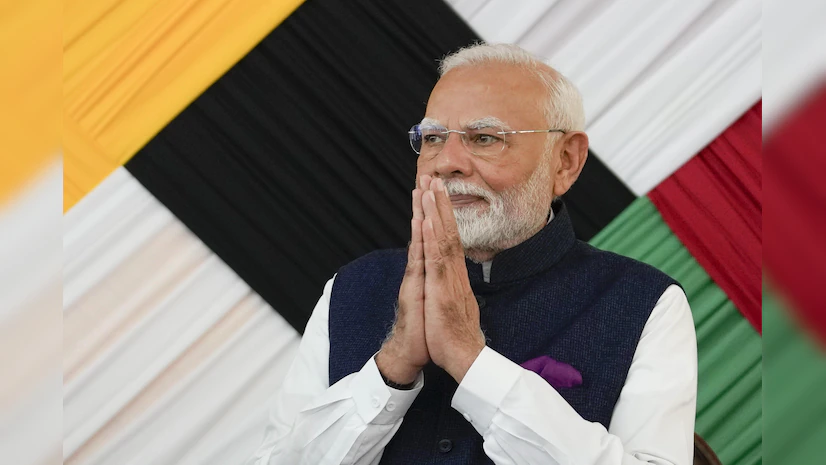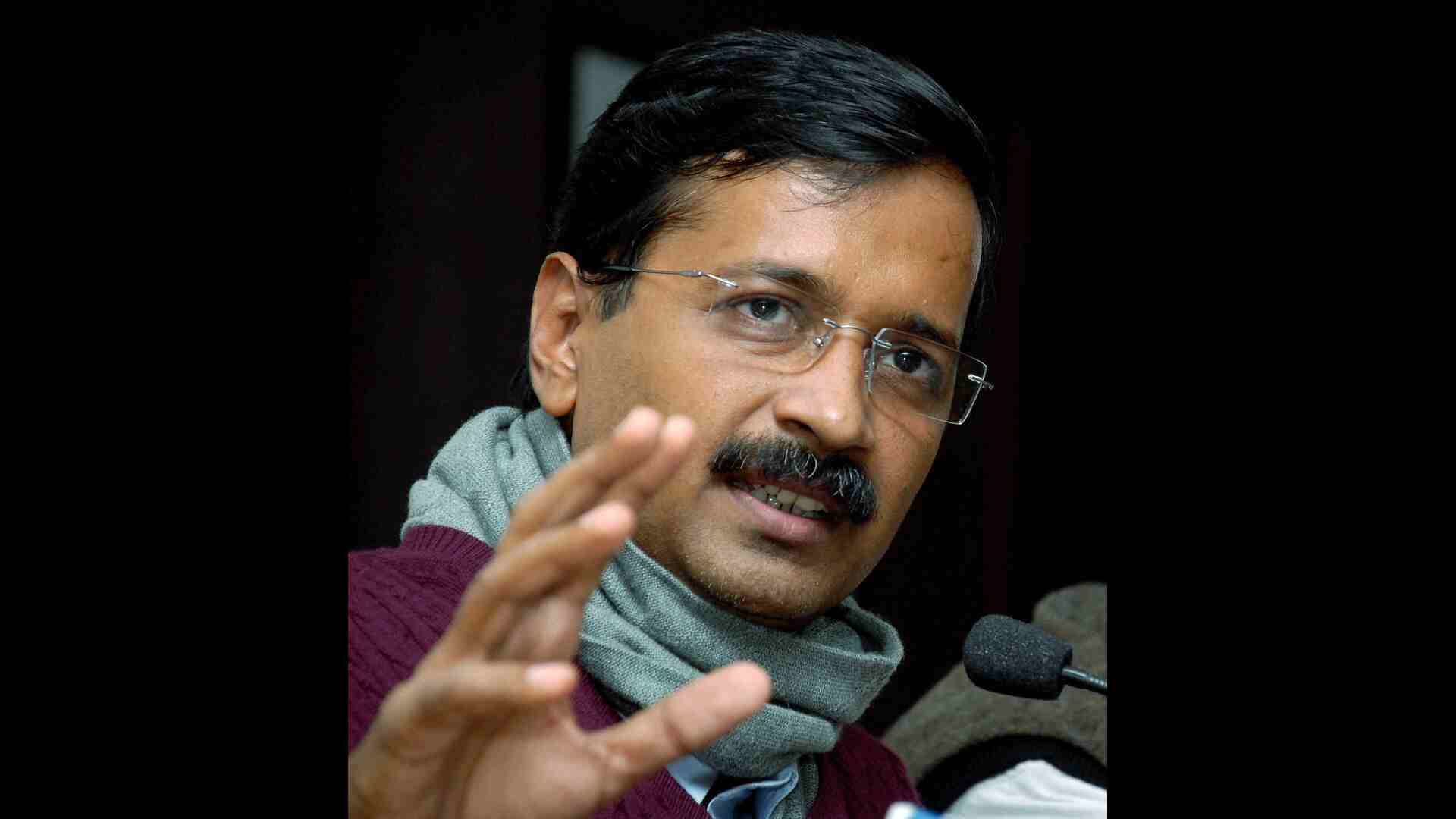The Rajya Sabha passed the Boilers Bill 2024 on December 4, which seeks to replace the century-old Boilers Act of 1923. The new bill, aimed at modernizing and simplifying boiler regulations, was moved by Commerce and Industry Minister Piyush Goyal. It focuses on decriminalizing several offences, ensuring safety, and promoting ease of doing business.
The bill was approved by a voice vote in the Upper House. It introduces provisions to enhance the safety of those working with boilers and mandates that boiler repairs be carried out by qualified personnel. The bill also allows for third-party inspections to improve efficiency.
Minister Goyal’s Remarks
During the debate, Minister Goyal emphasized the need to eliminate colonial-era laws, stating that the bill is part of the government’s efforts to revise pre-1947 legislation. He highlighted that the revised bill focuses on safety and accountability, with provisions for competent inspectors and a clear regulatory framework.
Goyal noted that the amendment of the Boilers Act in 2007 took 35 years, while the new bill aims to streamline processes and ensure a more modern and efficient approach to boiler regulation. He also assured the members that the rights of states remain unaffected by the new law, despite opposition claims.
Opposition Concerns
Opposition members raised concerns about the bill’s alignment with modern environmental and safety standards. NCP member Fauzia Khan questioned the logic of allowing third-party audits and inspections, while CPI(M) member John Brittas criticized the bill for failing to address pollution and environmental concerns adequately.
Key Features of the Boilers Bill 2024
The new bill retains many provisions from the original 1923 Act but introduces several key changes:
- Boiler manufacturers must certify the design of boilers and components.
- Boilers must be registered and periodically inspected.
- Certain third parties can be authorized to carry out inspections.
- The bill introduces penalties for non-criminal offences and removes criminal penalties for several minor violations.
Advantages and Criticism
The Boilers Bill is seen as a step towards enhancing the ease of doing business by decriminalizing offences and simplifying boiler-related regulations. However, some critics argue that the bill could compromise safety standards, particularly with the provision to exempt areas from its application.
Despite opposition concerns, the bill aims to modernize boiler regulations and align them with current needs, streamlining operations and improving overall safety.
The Bill follows extensive review and amendments to the Boilers Act 1923, and it is part of the broader efforts to update outdated laws in India.











